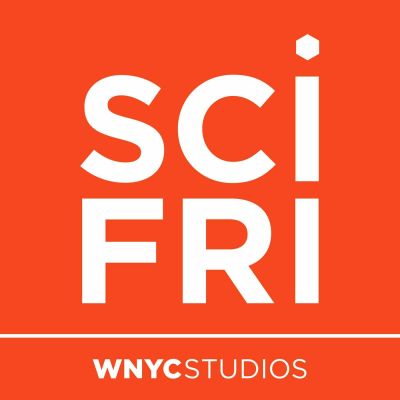Healthcare Ripple Effects, Resilient Flowers, Cancer Detection. April 10, 2020, Part 1
Routine Healthcare Is Falling Through The COVID-19 Cracks Our healthcare system is straining under the weight of the coronavirus epidemic, with hospital emergency rooms and ICUs around the country facing shortages of masks, ventilators, hospital beds, and medical staff. But the epidemic is also upsetting parts of the healthcare system that aren’t directly treating COVID patients. How are you supposed to keep up with regular medical care when you’re not supposed to leave the house, or when your primary care doctor’s office is shut down Michael Barnett is an assistant professor at the Harvard T. H. Chan School of Public Health who studies access to healthcare services, as well as a primary care physician at Brigham and Women’s Hospital in Boston. He joins Ira to talk about how patients and clinics are attempting to navigate a healthcare landscape altered by the global pandemic—including telemedicine and virtual health services, the economics of private doctors’ offices, and shortages of regular medications. Everywhere, colorful, spirit-lifting flowers are blooming. But if you’ve stepped off a path to avoid an oncoming runner recently, don’t worry. New research, published in the journal New Phytologist, finds some flowers have a unique ability to “bounce back” after injury—say after getting squished by a falling branch or shoe. This gives flowers a second chance at being pollinated, preserving their role in the seasonal ecosystem. One of the authors of this study, Nathan Muchhala, an assistant professor of biology at the University of Missouri in St. Louis, joins Science Friday to discuss the unique properties of flowers. Scientists are now training dogs to sniff out cancer. A team at UPenn and Monell Chemical Chemical Senses Center are using dogs’ heightened sense of smell to detect the specific chemicals produced by cancer cells. The scientists are using this data to produce a device that could be used in ovarian cancer detection. Science Friday’s video producer Luke Groskin and digital producer Daniel Peterschmidt talk with Ira about a trip to the cancer laboratory, where they met the scientists—and dogs—behind this unique research. This is part of Science Friday’s Methods, where we bring you into the field alongside the scientists working to answer big questions, by using gorgeous video and pictures. You can read the article and watch the videos about their trip at sciencefriday.com/smellingcancer.
In an effort to stop the spread of the novel coronavirus, some European countries are collecting information on the movements of residents using cell phone data. This helps determine who is following stay-at-home orders, and who isn’t. Facebook and Google want to use their data about user movements to do the same. But some say this is a big breach of privacy. Amy Nordrum of IEEE Spectrum joins Ira to discuss this story and more of the latest COVID-19 news.
